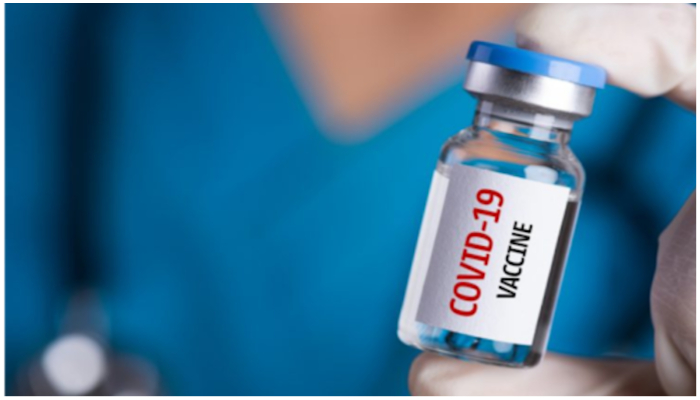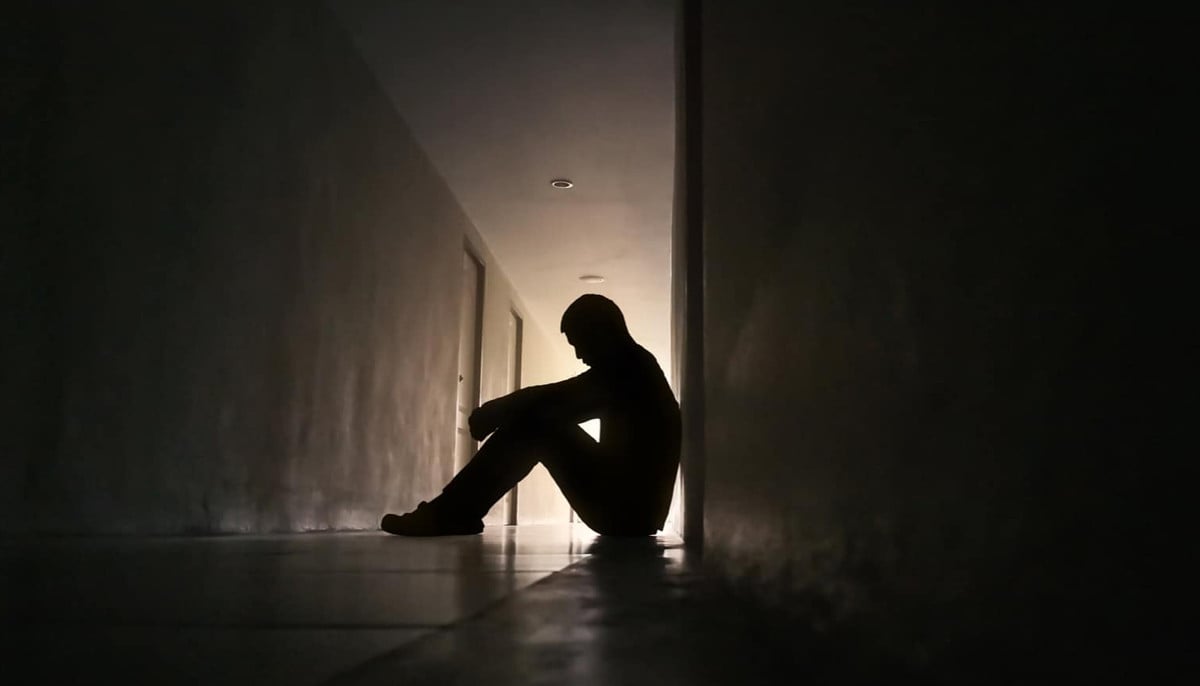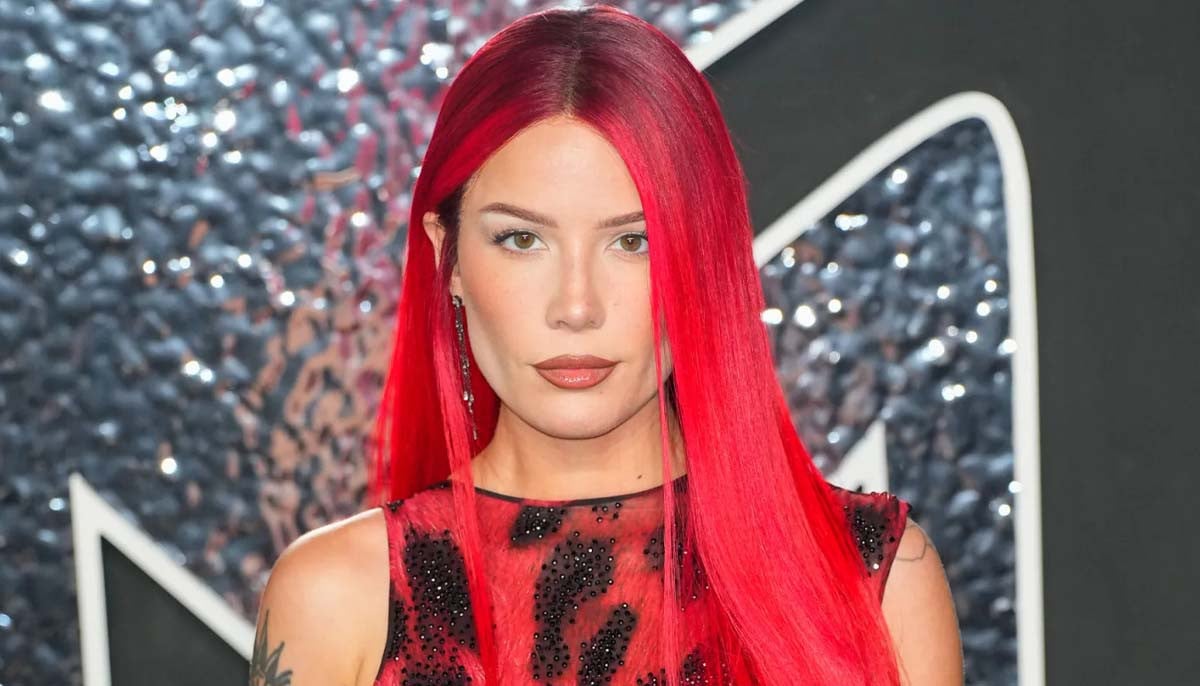China approves world's first inhalable COVID-19 vaccine
Needle-free vaccine — which can be stored, administered more easily than intramuscular jabs — will be given through nebuliser
BEIJING: Chinese drug regulators have approved the world's first inhalable COVID-19 vaccine, made by Tianjin-based manufacturer CanSino Biologics, boosting the company's share price by seven percent on Monday.
The National Medical Products Administration gave the go-ahead for the vaccine for emergency use as a booster, the company said in a statement to the Hong Kong Stock Exchange on Sunday.
Following the announcement, company shares surged 14 percent on Monday morning before closing 7.1 per cent higher than their opening value.
The needle-free vaccine — which can be stored and administered more easily than intramuscular jabs — will be given through a nebuliser, the company said.
"The approval will have a positive impact on the company´s performance if the vaccine is subsequently purchased and used by relevant government agencies," the statement added.
The company did not offer details on when the adenovirus-vectored vaccine will be made available for public use.
There is no publicly available verified or peer-reviewed data on the efficacy of the new vaccine.
Scientists in several countries including Cuba, Canada and the United States are also trialling inhalable COVID-19 vaccines.
China has so far approved eight other locally manufactured injectable vaccines since 2020.
But the country's drug administrator is yet to greenlight any foreign vaccines, including mRNA shots produced by Pfizer/BioNTech or Moderna that have better efficacy rates compared to other types of vaccines.
China is the only major economy sticking to a zero-COVID policy, disrupting travel and businesses.
Officials across the country are now under pressure to curb local virus flare-ups ahead of a key political meeting next month.
The southern tech hub of Shenzhen, with more than 18 million residents, imposed a weekend lockdown in most parts of the city on Saturday, while more than 21 million people in the southwestern metropolis of Chengdu are undergoing mass testing from Monday through Wednesday.
China has administered over 3.4 billion COVID shots, the National Health Commission said Monday without offering details on the percentage of the population vaccinated.
-
Late James Van Der Beek inspires bowel cancer awareness post death
-
Bella Hadid talks about suffering from Lyme disease
-
Gwyneth Paltrow discusses ‘bizarre’ ways of dealing with chronic illness
-
Halsey explains ‘bittersweet’ endometriosis diagnosis
-
NHS warning to staff on ‘discouraging first cousin marriage’: Is it medically justified?
-
Ariana Grande opens up about ‘dark’ PTSD experience
-
Dakota Johnson reveals smoking habits, the leading cause of lung cancer
-
Chris, Liam Hemsworth support their father post Alzheimer’s diagnosis












